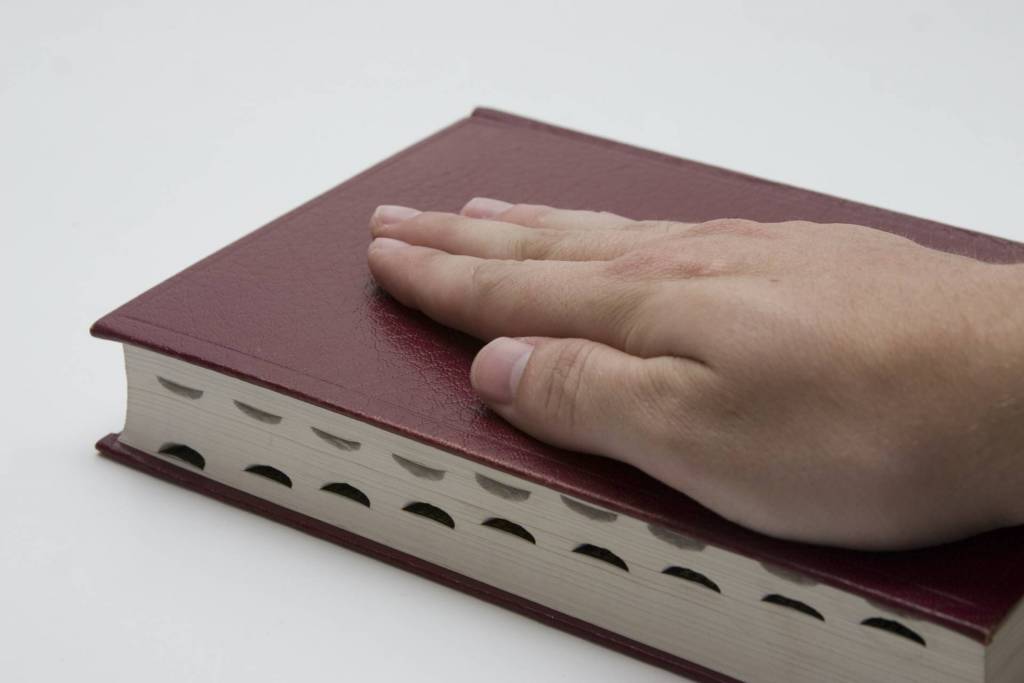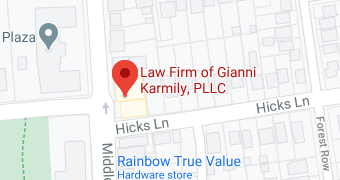The most serious criminal charges in New York are felony charges, but a misdemeanor charge can also be quite serious. If you are charged with a misdemeanor offense on Long Island, you will need to be advised and represented by a Nassau County criminal defense lawyer.
What crimes are considered misdemeanors in New York? What are the different types of misdemeanors, and what are the penalties for a misdemeanor conviction? If you are charged with a misdemeanor on Long Island, what are your rights, and what steps will you need to take?
If you’ll keep reading this brief discussion of misdemeanors in New York, these questions will be answered. You will also learn why you must obtain the advice and services of a Nassau County misdemeanor attorney if you’re charged with a misdemeanor on or near Long Island.
How Are Violations, Misdemeanors, and Felonies Different?
While the State of New York maintains and enforces hundreds of laws, the state recognizes three primary categories of offenses against the law.
These three categories are:
- Violations: Violations are penalized with fines or with no more than fifteen days in jail. Violations are not considered crimes, and a conviction does not create a criminal record.
- Misdemeanors: Misdemeanors are penalized with fines or with more than fifteen days but no more than a year in jail. A first misdemeanor conviction creates a criminal record.
- Felonies: Felonies may be penalized with more than a year in prison. The most serious, violent felonies may be penalized with a life sentence.
What Should You Know About Misdemeanors?
In New York, a misdemeanor is a criminal offense that entails a potential jail sentence of more than 15 days but not more than 364 days. A misdemeanor falls into one of three “classes”:
- Upon conviction for a Class A misdemeanor (the most serious misdemeanors), an offender may be sentenced to a year in jail (meaning 364 days) or three years on probation and fined up to $1,000 or double the amount of the gain from the crime.
- Upon conviction for a Class B misdemeanor, an offender may be sentenced to three months in jail or one year on probation and a fine of up to $500 or double the amount of the offender’s gain from the crime.
- A number of misdemeanors, such as the misdemeanor offenses spelled out in New York’s traffic and vehicle laws, are “unclassified.”
In many cases, an offender who has been convicted of a misdemeanor may receive a sentence that combines time in jail, time on probation, and a fine. A judge may also order the payment of reparations or restitution to the victim or victims as part of an offender’s misdemeanor sentence.
Charged With a Misdemeanor? What Steps Should You Take?
If you are placed under arrest on Long Island and accused of committing a misdemeanor offense – or if you are accused of committing any other crime in the vicinity of Long Island – you must reach out to a Nassau County criminal defense lawyer at your first opportunity.
Everyone charged with a misdemeanor has a right under the Constitution to remain silent and to be advised by a defense attorney. If the police want to ask you questions, politely say only something like, “I’m exercising my right to remain silent until my attorney can be present.”
The most incriminating evidence in too many misdemeanor cases is a defendant’s own words. If you are pulled over in traffic or if the police arrive at your home or workplace, politely decline to answer any of their questions. Don’t lie to the police – but exercise your right to remain silent.
If you speak to the police or to a prosecutor without first consulting your defense attorney, anything that you say could be twisted or misinterpreted and used against you in court, and you could impair your attorney’s ability to defend you effectively against the charge.
What Plea Should You Enter?
At your initial court appearance on a misdemeanor charge – your arraignment – you will be asked to enter a plea, and you may be offered a plea deal. A plea deal lets you plead guilty or no contest to a lesser charge and accept the penalty for that charge in return for a dismissal of the original charge.
If you agree to accept a plea deal (or “plea bargain”), you will be convicted on the lesser charge, sentenced on that charge, and no trial will be conducted. If you do not agree to accept the plea bargain, you will be tried on the more serious charge.
If you are charged with a misdemeanor on Long Island, consider carefully the consequences of any choices you make regarding a plea and a plea bargain. It is your decision, but you will need to decide carefully and consider the advice of your Nassau County misdemeanor attorney.
What Will Your Attorney Do on Your Behalf?
If you are innocent of a Class A misdemeanor charge that has been filed against you, insist on your innocence, and if the case cannot be dropped or dismissed, your lawyer will defend you aggressively in court and will explain to a jury why you should be found not guilty.
However, a jury trial is not required for either Class A Misdemeanors, Class B Misdemeanors, or Unclassified Misdemeanors; it’s always a client’s fundamental constitutional right to pick either a jury trial or bench trial.
If the evidence against you is persuasive and your conviction is certain, let your lawyer negotiate a plea bargain that may include reduced or alternative sentencing. In either situation, your lawyer will work diligently and effectively to bring your case to its best possible outcome.
What’s Most Important to Remember?
If you are charged with a misdemeanor offense on Long Island, the most important thing to remember is that you must speak to a defense attorney as quickly as you can. Having a good defense attorney’s advice and services is your right.
On Long Island, only a Nassau County defense lawyer who knows the local courts and procedures will be able to assess your case and provide the sound legal advice and aggressive defense representation you will need.
To schedule a confidential case evaluation with the Law Firm of Gianni Karmily, PLLC, call our Great Neck office at (516) 630-3405 or our Hempstead office at (516) 614-4228.












